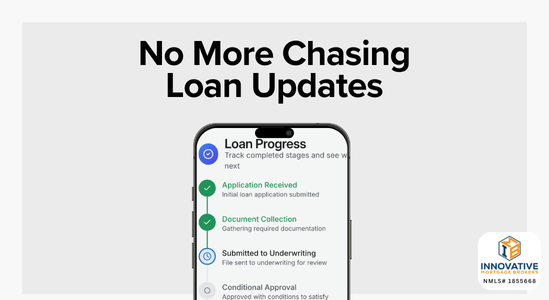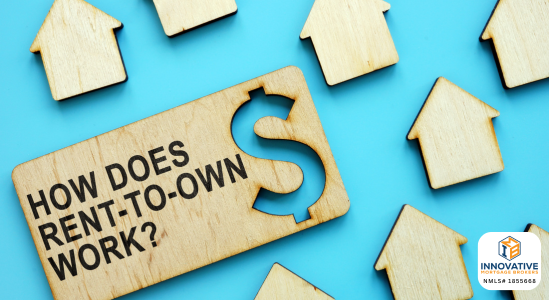Mortgage rate volatility, oil shocks, and why execution matters more than quotes When a war…
Pros and Cons of Interest-Only Loans

If you have purchased a home, you have likely taken out a loan called a mortgage to pay for the house. Most mortgages have four main components:
1.Principal: This is the amount of money you are borrowing.
2. Interest: This is the amount of money you are paying to borrow, usually a percentage of the overall sales price.
3. Taxes: This goes to your local and state government to pay for public services and utilities. Taxes can vary by state, city, and even neighborhood.
4. Insurance: Almost all lenders will require that you have homeowner’s insurance.
These four things combine to make up your monthly mortgage payment. But what if you don’t want to pay as much monthly? This is where an interest-only mortgage becomes an option.
An interest-only mortgage eliminates the principal. So your monthly payment will be less. Sounds great, right?
It can be, but you should consider your financial position and plan before deciding on an interest-only mortgage. With a traditional mortgage, your monthly payments reduce the amount remaining on your loan. At the end of your mortgage term (often 15 or 30 years), you will own your home, owe nothing to the lender, and have a tangible asset to show for your years of payments.
An interest-only loan is usually available for much shorter terms, such as five or ten years. You will still need to pay the principal balance at the end of the loan term. So interest-only loans are great for those who have a lot of cash available to pay off the principal in one lump sum or who plan to refinance or sell their home before their interest-only loan term is complete.
In general, a traditional mortgage will be a safer, more reliable way for most homebuyers to purchase a home. The monthly payments will be a little bit higher, but the payments go toward actual home ownership, without the bill of the principal balance looming at the end of 5 or 10 years. Talk with your lender to learn about the various paths to homeownership.




